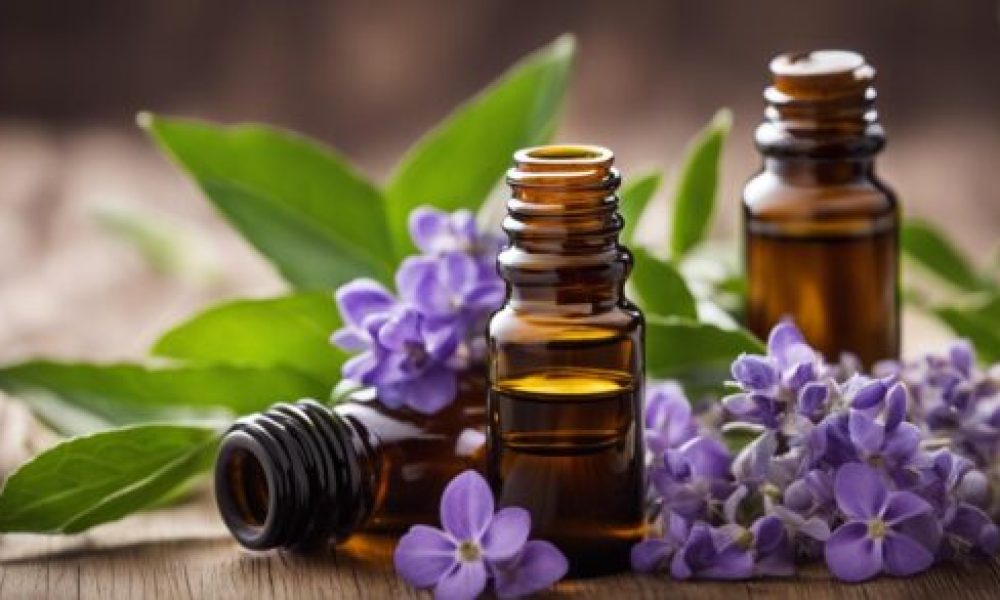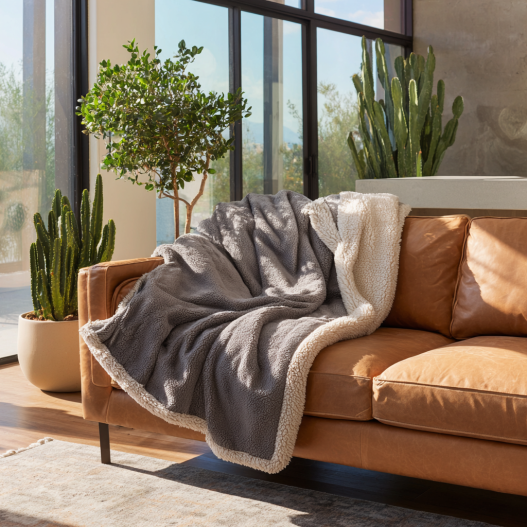Aromatherapy: 7 Powerful Tips to Maximise Benefits
Plant extracts are natural with powerful healing properties that enhance well-being, sleep, mood, and skin health.
Key Takeaways
- Essential oils offer therapeutic benefits for physical and mental wellness
- Diffusion, topical application, and bath use are effective methods
- Safety practices are critical for proper use
Understanding Plant Extracts and Their Benefits
Concentrated extracts obtained from flowers, leaves, bark, or roots of plants have therapeutic properties embraced across cultures for centuries. Whether you’re targeting anxiety, fatigue, skin irritation, or enhancing your home environment, these natural solutions offer holistic benefits. Popular options like lavender, eucalyptus, and peppermint have anti-inflammatory, antiseptic, and calming effects.
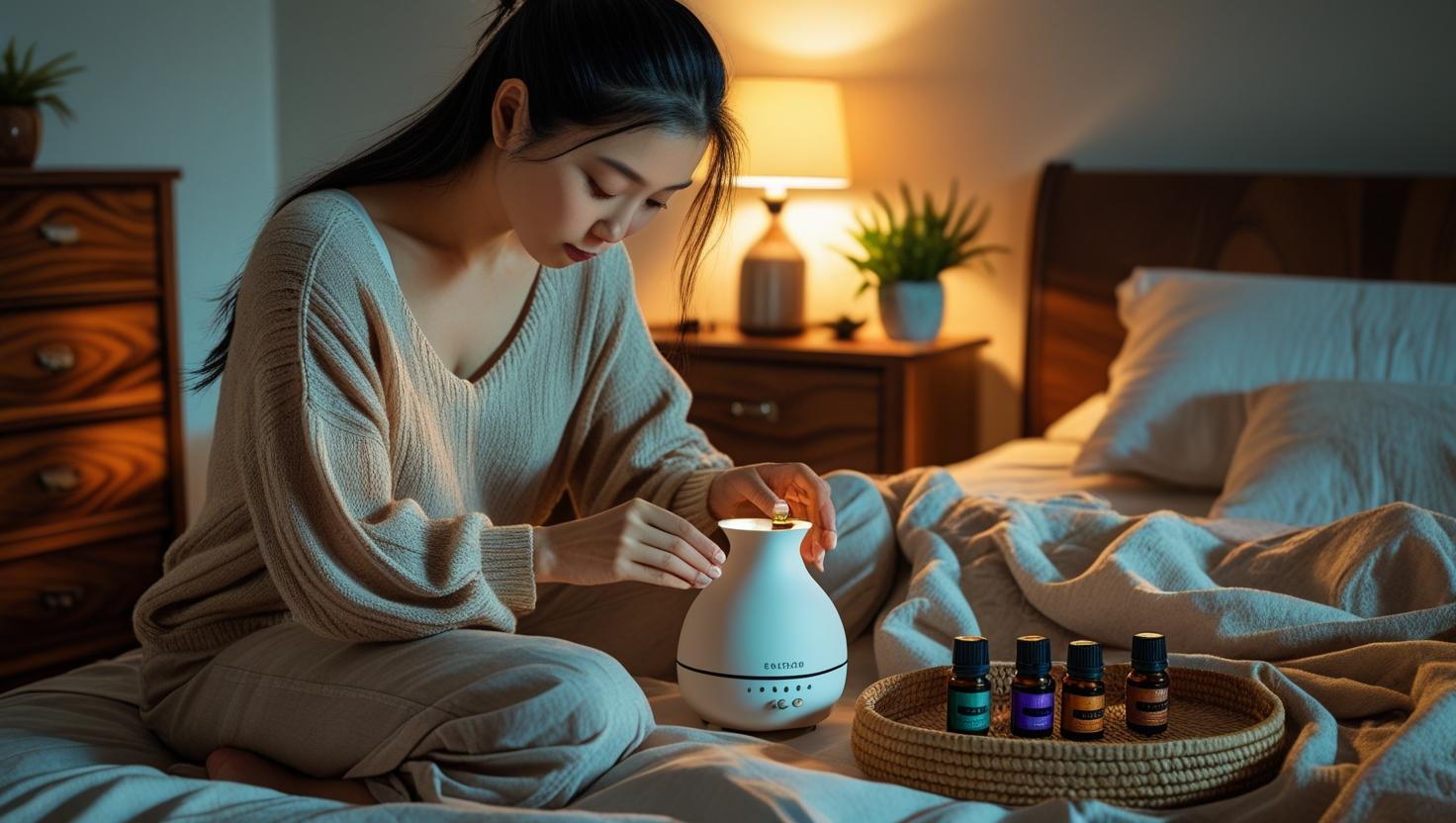
Incorporating these plant extracts into your routine can help you feel more balanced, focused, and relaxed.
For an expert overview, see Essential Oils 101 from Cleveland Clinic.
How to Use Plant Extracts with a Diffuser
Diffusing plant extracts is an accessible method to enjoy their aromatic benefits. Using a diffuser disperses the extracts into the air, allowing you to inhale their healing molecules. Whether you’re preparing for sleep, improving focus, or purifying the air, this method can create a serene atmosphere in your home.
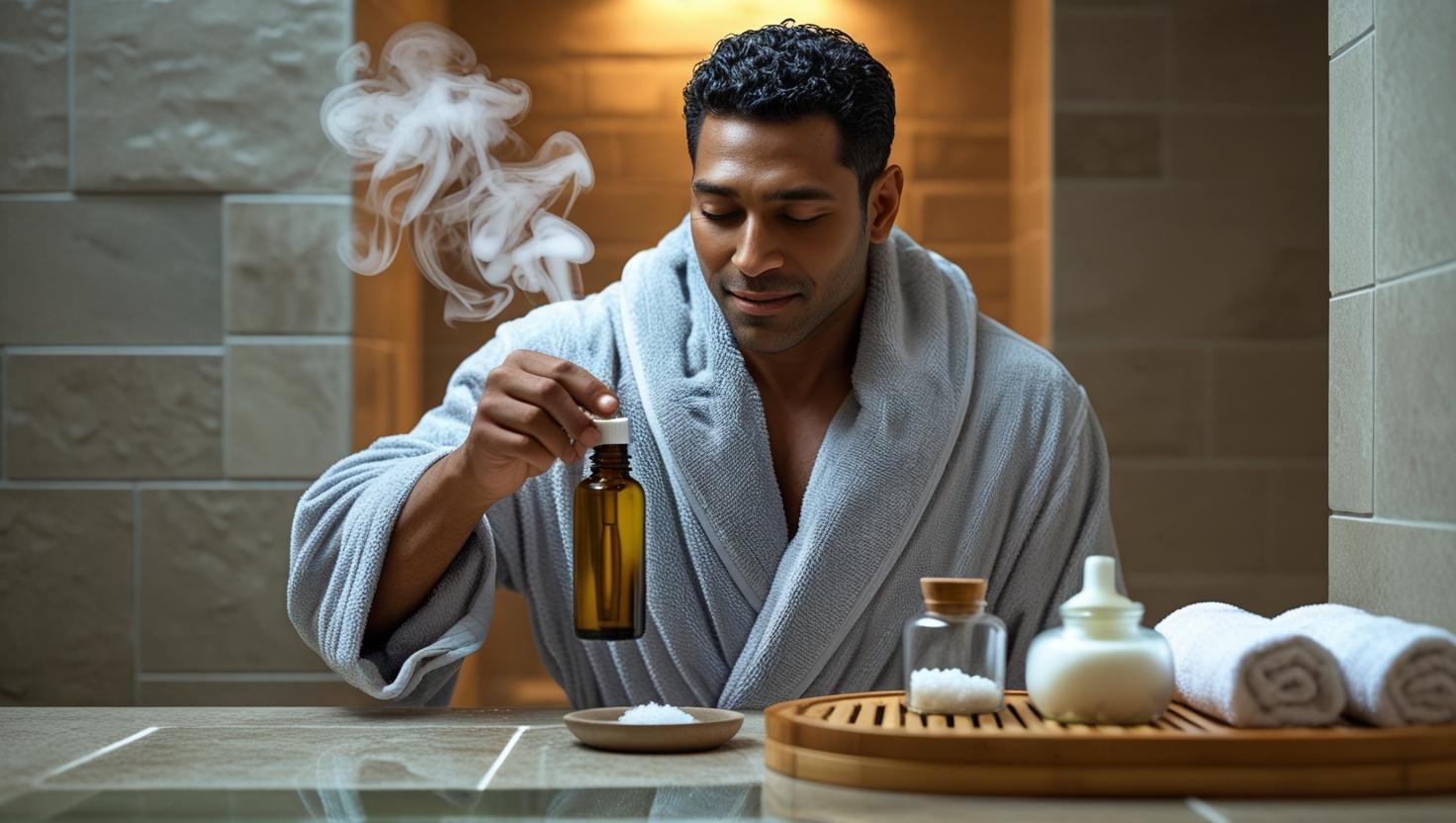
Types of Diffusers
- Ceramic Diffusers: Heat and evaporate oils using a tea light candle.
- Electric Diffusers: Offer adjustable mist settings and timers.
- Ultrasonic Diffusers: Combine water and oils into a cool mist, adding moisture to dry indoor air.
Usage Tips
- Always follow dilution and duration instructions.
- Use in a well-ventilated area.
- Clean your diffuser weekly to avoid buildup.
Benefits
- Mood Support: Lavender and citrus oils reduce stress and uplift emotions.
- Air Quality: Eucalyptus and tea tree help cleanse and freshen the air.
- Respiratory Ease: Peppermint aids clear breathing and sinus relief.
- Better Sleep: Chamomile calms the mind and body.
Learn more in this guide to feng shui bedroom layout.
Explore a complete chart of uses and benefits at Performance Health’s Essential Oils Chart.
Topical Application of Plant Extracts
Applying plant extracts to the skin is highly effective for targeted relief. Whether it’s sore muscles, acne, or dry skin, topical application allows direct absorption through the skin. To avoid irritation, always dilute extracts with a carrier oil like coconut, jojoba, almond, or olive oil.
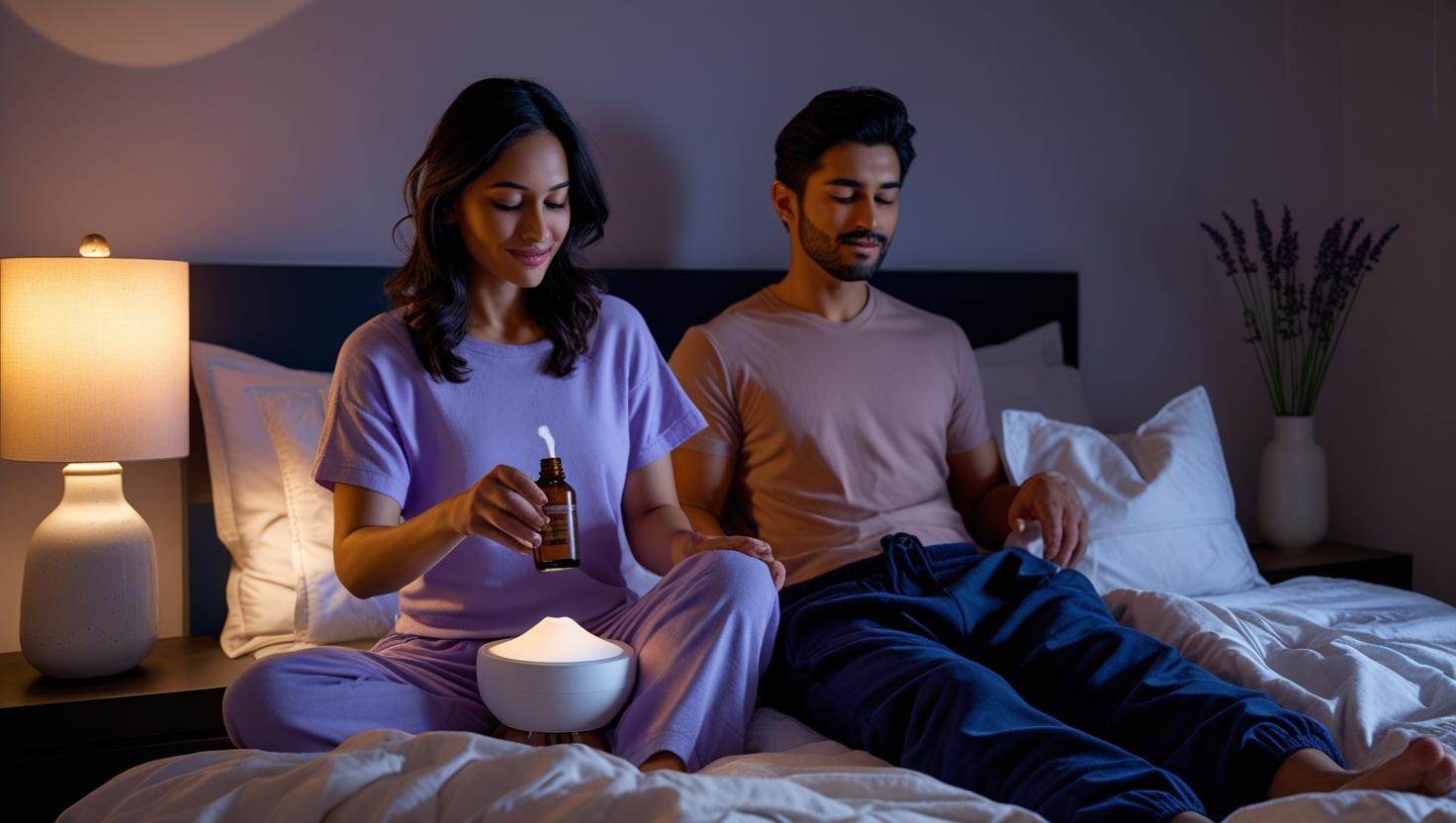
Carrier Oils and Pairings
- Coconut Oil: Great for sensitive skin and blends well with lavender.
- Jojoba Oil: Mimics skin’s natural oils, perfect for peppermint blends.
- Almond Oil: Light texture, good for tea tree applications.
- Olive Oil: Rich and nourishing, ideal for chamomile-infused blends.
Best Practices
- Do a patch test before using any new blend.
- Keep oils away from eyes, ears, and mucous membranes.
- Be cautious with citrus oils; avoid sunlight for 24 hours post-application.
Learn more about using essential oils for relaxation.
Discover general usage and profiles at AromaWeb’s Essential Oils Directory.
Using Plant Extracts in Baths and Showers
A bath or shower infused with plant extracts is both indulgent and therapeutic. The heat helps release the aroma, enhancing absorption and relaxation.
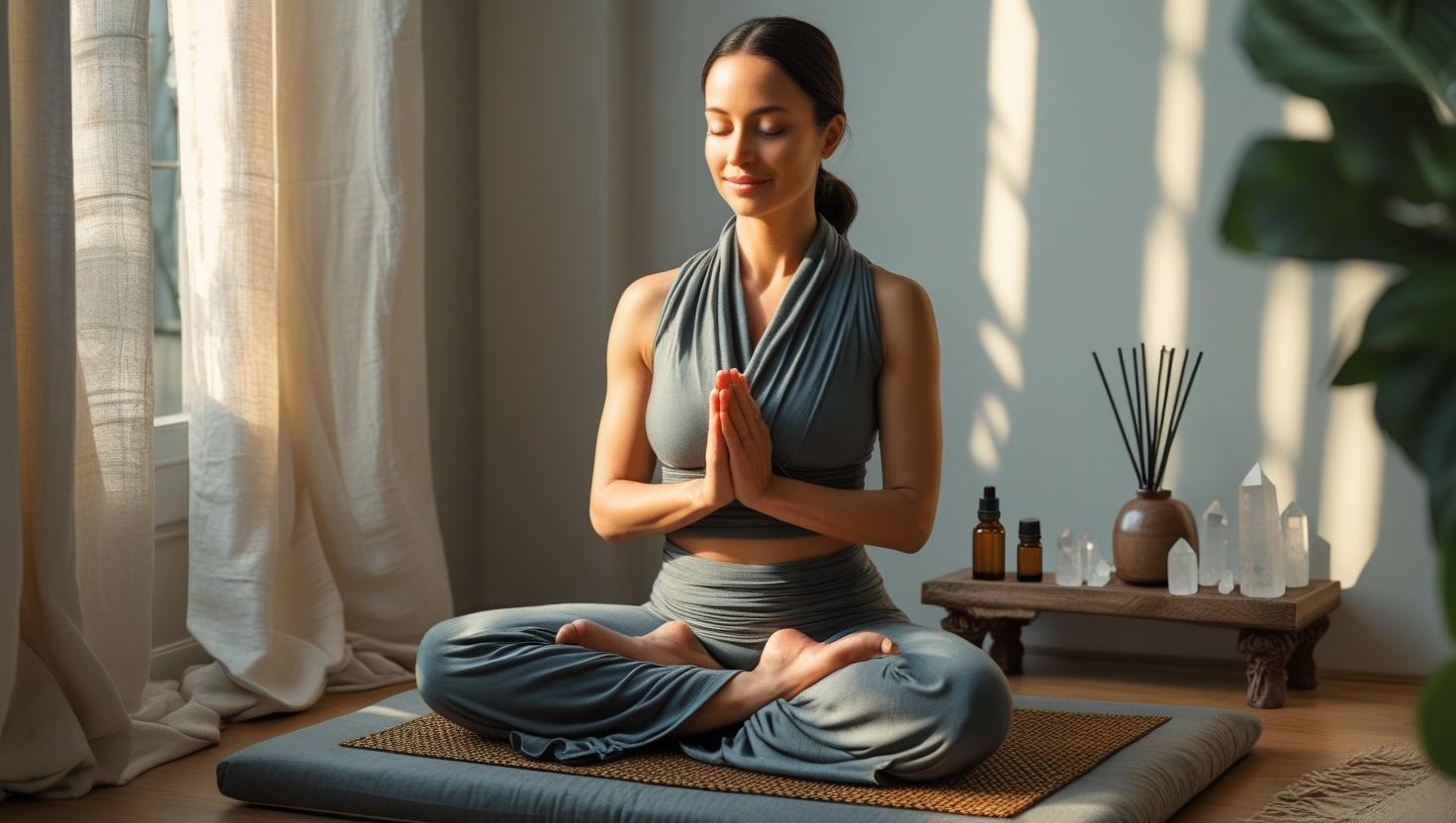
In Baths
- Mix 5-10 drops with a tablespoon of carrier oil before adding to bath water.
- Lavender and eucalyptus are top picks for stress relief and respiratory health.
In Showers
- Add drops to body wash or shampoo.
- Use a washcloth with a few diluted drops to exfoliate and inhale deeply.
For better post-shower comfort, see temperature regulating bedding tips.
Get insights into health benefits at Piedmont Healthcare.
Safety Tips for Plant Extracts
To benefit from plant extracts safely, follow these critical guidelines:
- Do Not Ingest: Essential oils are highly concentrated and should never be swallowed without expert guidance.
- Consult Professionals: Pregnant women, children, and those with medical conditions should check with a healthcare provider before use.
- Buy Quality Oils: Choose reputable brands that offer third-party testing and transparent sourcing.
- Store Safely: Keep oils away from heat and out of reach of children and pets.
For authoritative advice, visit the National Association for Holistic Aromatherapy.
Watch: Plant Extracts 101
Get a visual overview with this beginner-friendly video guide on how to use essential oils effectively:
FAQ
- Can I apply essential oils directly to my skin?
- No, always dilute with a carrier oil to prevent irritation.
- What are the best essential oils for sleep?
- Lavender, chamomile, and sandalwood promote restful sleep and relaxation.
- Are essential oils safe for children?
- Some options can be safe when properly diluted, but always consult a pediatrician first.
- How long can I run a diffuser?
- Typically, 30-60 minutes is sufficient. Follow your device’s instructions.
Explore tips on plants that purify bedroom air, or read about calming color schemes for your bedroom. Want more? Discover mattress choices for back pain relief.
Essential Oils

